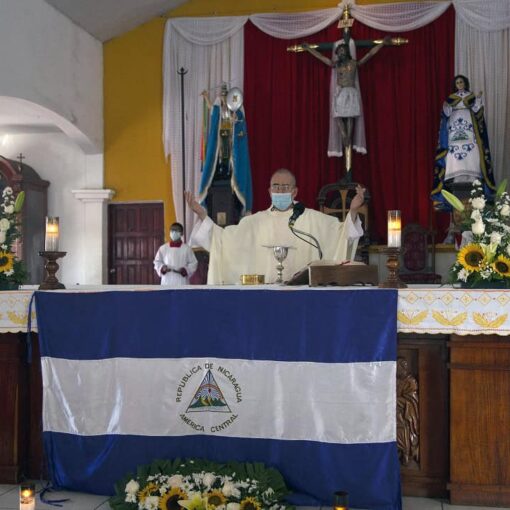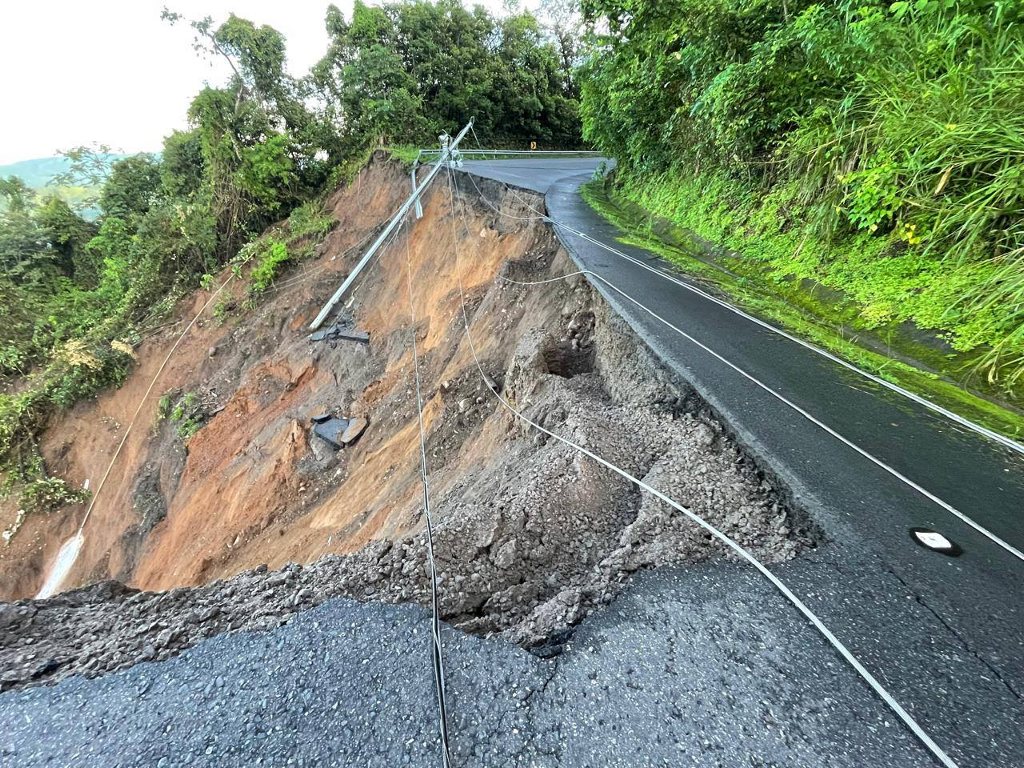Costa Rica is a safe and popular travel destination, but accidents and illnesses can happen anywhere. Whether it’s a sudden injury, severe food poisoning, or a chronic condition flare-up, knowing how to handle a medical emergency can make all the difference.
This guide covers essential steps to take if you face a health crisis in Costa Rica, including how to access medical care, insurance considerations, and tips for staying prepared.
**1. Immediate Steps in a Medical Emergency**
**A. Call for Help**
– **911** is the universal emergency number in Costa Rica (works for ambulance, police, and fire).
– **128** is the direct line for the **Cruz Roja (Red Cross)**, which provides ambulance services.
– **132** connects you to the **Costa Rican Social Security System (CCSS or “Caja”)** for public hospital emergencies.
**Note:** English-speaking operators may not always be available. If you don’t speak Spanish, ask a local or hotel staff to assist.
**B. Go to the Nearest Hospital or Clinic**
Costa Rica has both **public and private healthcare** options:
**Public Hospitals (Free or Low-Cost, but Often Crowded)**
– **Hospital México** (San José) – Major trauma center.
– **Hospital San Juan de Dios** (San José) – One of the largest public hospitals.
– **Hospital William Allen Taylor** (Liberia) – Serves Guanacaste tourists.
**Private Hospitals (Faster Service, but More Expensive)**
– **Hospital CIMA San José** (Affiliated with Baylor University Medical Center)
– **Clínica Bíblica** (San José & Liberia) – Top-rated private hospital.
– **Hospital La Católica** (San José) – Specializes in emergencies.
**Tourist Tip:** Private hospitals typically offer shorter wait times and English-speaking staff.
**2. Does Travel Insurance Cover Medical Emergencies?**
**A. Check Your Policy Before Traveling**
– Many standard **travel insurance plans** cover emergency medical treatment.
– Verify if your policy includes **medical evacuation** (in case you need transport to a better-equipped facility).
– **Credit card travel insurance** (e.g., Chase Sapphire, Amex Platinum) may offer limited coverage.
**B. Costa Rica’s Public Healthcare for Tourists**
– Tourists **cannot** use Costa Rica’s public healthcare system (Caja) unless they are legal residents.
– **Exceptions:** Some public hospitals may treat life-threatening emergencies, but you’ll likely need to pay afterward.
**C. What If You Don’t Have Insurance?**
– Private hospitals usually require **payment upfront** (credit cards are widely accepted).
– Costs vary: A basic doctor visit may cost **$50–$150**, while an emergency room visit can be **$500+**.
**3. Common Tourist Medical Emergencies & How to Handle Them**
**A. Food Poisoning or Stomach Illness**
– **Symptoms:** Vomiting, diarrhea, dehydration.
– **What to Do:**
– Drink bottled water and oral rehydration solutions.
– Visit a **farmacia** (pharmacy) for anti-diarrheal meds (e.g., Loperamide).
– If symptoms are severe (fever, bloody stool), go to a clinic.
**B. Insect Bites & Tropical Diseases**
– **Dengue, Zika, or Chikungunya** – If you develop high fever, rash, or joint pain, see a doctor.
– **Snake Bites** – Costa Rica has venomous snakes (e.g., fer-de-lance). **Stay calm, immobilize the limb, and get to a hospital ASAP.**
**C. Accidents (Car Crashes, Falls, Drowning)**
– **Road accidents** – Costa Rica has high rates of traffic incidents. If injured, call **911** or **Transito (traffic police) at 2222-9330**.
– **Drowning/water injuries** – Rip currents are dangerous. Only swim at guarded beaches.
**D. Altitude Sickness (In Highlands Like Monteverde)**
– **Symptoms:** Headache, nausea, dizziness.
– **Treatment:** Rest, hydrate, descend to lower elevation if severe.
**4. Pharmacies & Over-the-Counter Medications**
– **Farmacias** are widely available (look for **Fischel, La Bomba, or BM** chains).
– Many medications available **without a prescription** (e.g., antibiotics, pain relievers).
– Bring a **copy of your prescriptions** if you take specialty meds.
**5. How to Avoid Medical Emergencies**
**A. Before You Travel**
✔ **Get travel insurance** with medical coverage.
✔ **Pack a first-aid kit** (bandages, antiseptic, motion sickness pills).
✔ **Check CDC recommendations** for vaccines (e.g., Hepatitis A, Typhoid).
**B. During Your Trip**
✔ **Drink bottled water** (avoid tap water in rural areas).
✔ **Use insect repellent** (DEET or picaridin for mosquitoes).
✔ **Be cautious with adventure activities** (use reputable tour operators).
**6. What If You Need Medical Evacuation?**
In extreme cases (e.g., heart attack, major trauma), you may need **air evacuation** to the U.S. or another country.
– **Cost:** $20,000–$100,000+ (insurance is crucial).
– **Companies offering medevac services:**
– **International SOS**
– **Air Ambulance Network**
**7. Final Tips for Tourists**
✅ Save emergency numbers in your phone.
✅ Carry a **photocopy of your passport & insurance card**.
✅ Know the location of the nearest **hospital/clinic** at your destination.
Stay Prepared, Stay Safe**
Costa Rica has excellent medical care in major cities, but remote areas may have limited facilities. By **knowing emergency numbers, having travel insurance, and taking precautions**, you can handle a medical crisis with confidence.
– Advertisement –
Source link
Wilmer Useche



